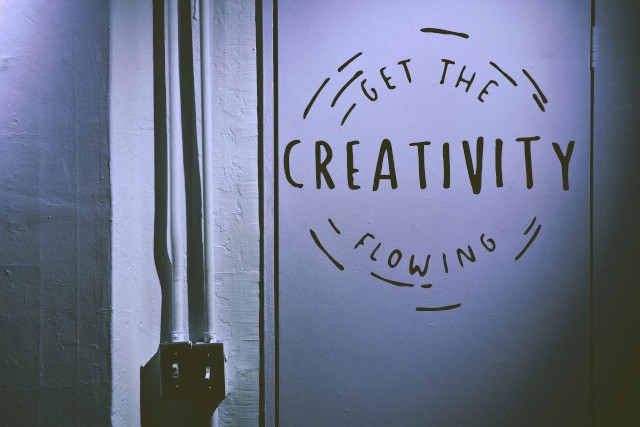
Photo by Tim Mossholder on Unsplash
- Can America ever rebuild its neighborhoods and communities?
Across the country, Marohn sees evidence of what he dubs a “Municipal Ponzi scheme.” Cities — armed with economic development dollars and consultants galore — focus their energies and budgets on new housing subdivisions as well as far-flung, auto-dependent office parks and strip malls, all the while ignoring the long-term debt, maintenance costs, and municipal burdens they are transferring to future generations of residents. “The growth creates an illusion of wealth, a broad, cultural misperception that the growing community is become [sic] stronger and more prosperous. Instead, with each new development, they become increasingly more insolvent,” the author writes.
https://techcrunch.com/2019/11/09/can-america-ever-rebuild-its-neighborhoods-and-communities/
- How a few flaky elevator buttons are tearing our office apart
Shout out to my crew in Philly who have to deal with out terrible elevator experience. - New Study Debunks Age Bias in the Workplace. What Does That Mean for Your Business?
The Addison Group survey found that 45 percent of respondents believe millennials receive preferential treatment at work. That’s still a significant number, despite the fact that the majority of people say preferential treatment isn’t happening. However, it doesn’t eliminate valid concerns that older generations might have about being replaced. I have heard that concern voiced time and again, and have been in roles where I’m even a bit nervous about being replaced by someone younger. A workplace where older employees think the younger ones are being favored can turn toxic quickly.
In the research, 49 percent of respondents said millennials are the largest segment of their workplace, compared to 43 percent who said it was Gen X. Given the large numbers of millennials in the workforce, older generations might suppose that each new company initiative or process is targeted at appeasing those younger workers.

